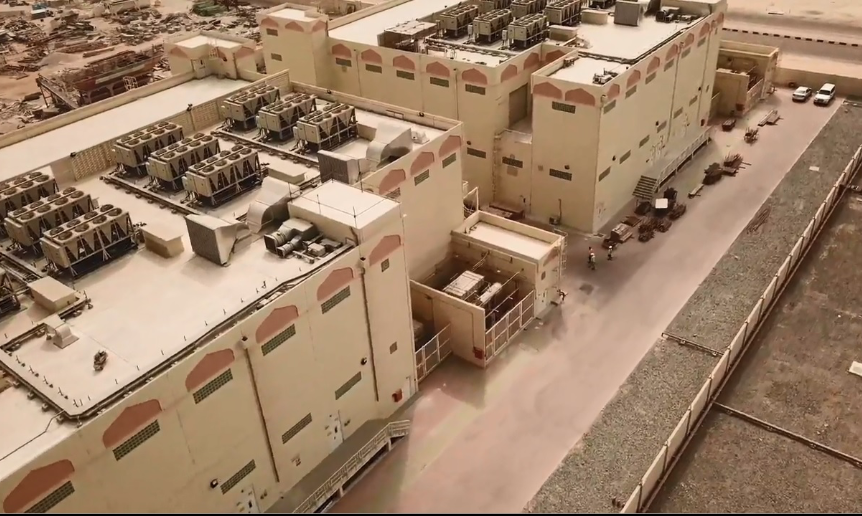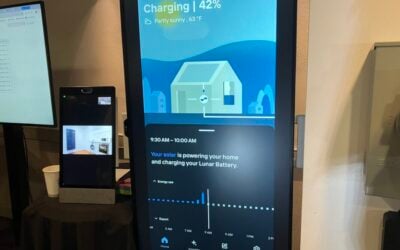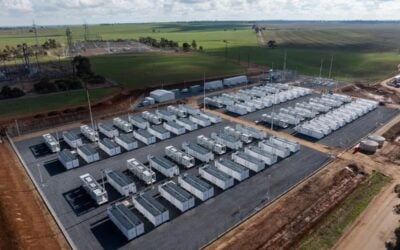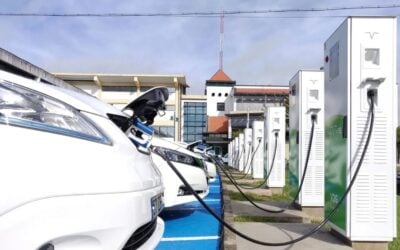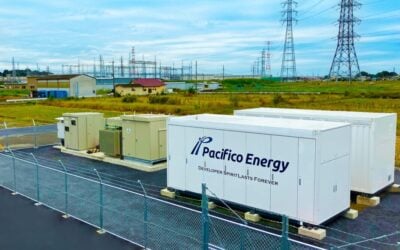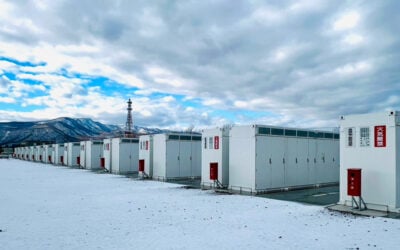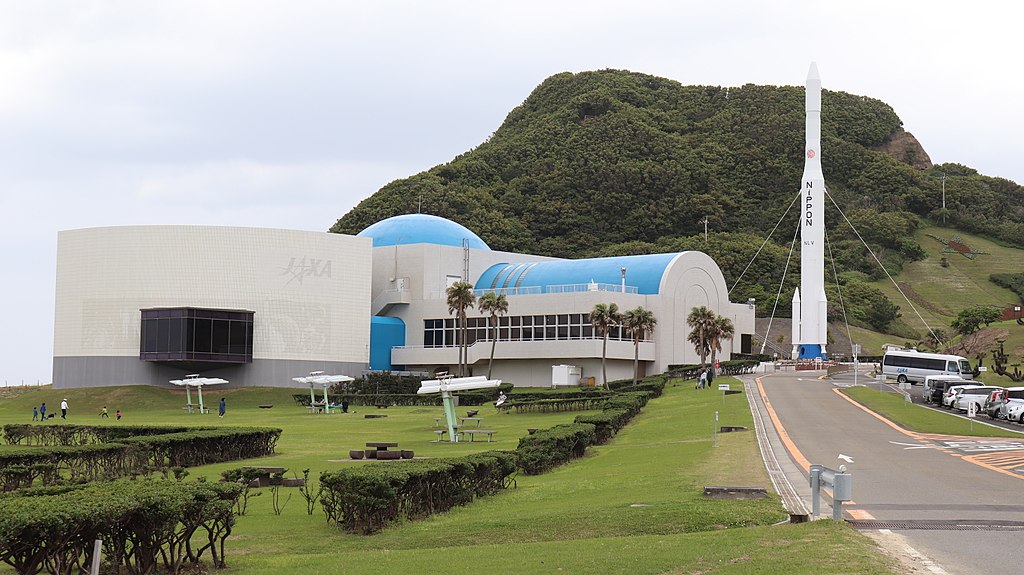
A rocket and space vehicle launch station of the Japan Aerospace Exploration Agency (JAXA) will be equipped with NGK Insulators’ sodium sulfur (NAS) battery storage to help ensure the reliable operation of its electric power systems.
JAXA’s site, Tanegashima Space Center, is on a small island in southern Japan with only around 30,000 inhabitants. The complex is Japan’s largest rocket-launch site, with facilities for launching large-sized rockets as well as spacefract assembly. NGK has been contracted by construction company Kyudenko to supply a 2,400kW / 14,400kWh NAS battery storage system that is planned to go into operation in April this year.
Industrial ceramics company NGK is currently the only manufacturer of NAS batteries, which operate at high temperature and offer large capacities and long discharge durations of storage (6 hours+) and an expected lifetime of 15 years. The devices have been commercialised since 2002 and until the lithium-ion boom began a few years ago was thought to be the most widely used battery technology in grid-scale applications in the world.
NGK said in a press release today that the NAS battery technology was chosen for the project after a process of evaluation which included looking at the long-term operational track record of field deployments, environmental tolerance, capacity and duration capabilities and lifecycle cost. The company has said more than 4GWh of its systems have been installed worldwide to date.
Try Premium for just $1
- Full premium access for the first month at only $1
- Converts to an annual rate after 30 days unless cancelled
- Cancel anytime during the trial period
Premium Benefits
- Expert industry analysis and interviews
- Digital access to PV Tech Power journal
- Exclusive event discounts
Or get the full Premium subscription right away
Or continue reading this article for free
The storage system will provide three main applications: it will contribute to stability of power supply, by acting as an emergency backup power source in case electrical generators onsite fail, it will provide improve power quality through frequency regulation — correcting deviations in the electrical frequency of local power systems — and it will be used to charge with surplus power from the electrical generators, which have to run 24/7 but are not in full demand the whole time.
According to NGK, in this latter application, surplus electricity stored in the batteries will then be used to level the load when demand for electricity peaks beyond the amount the generators can supply. in maintaining the efficient operation of the generators, the amount of fossil fuels burned on site will be reduced, resulting in a corresponding reduction in emissions, while the long duration capabilities of the NAS batteries mean that the number of generators in operation can be reduced.
NGK’s biggest single project so far has been a 108MW / 648MWh project in Abu Dhabi, UAE, with batteries split across 15 systems that can be controlled as one single plant, helping to balance electricity networks in the city and providing backup power while also reducing reliance on natural gas power plants, installed a couple of years ago. At an event in 2019, Gauthier Dupont, director of NGK’s power business said that the company could halve the cost of its batteries with a “gigafactory” but has not yet been able to achieve the same economies of scale that lithium-ion battery makers have had. Dupont called for more investment into non-lithium battery storage technologies to help capture the benefits of scaled manufacturing. In September last year it was announced that NAS batteries would be supplied to green hydrogen projects in South Korea by chemicals company BASF through a partnership with NGK.
